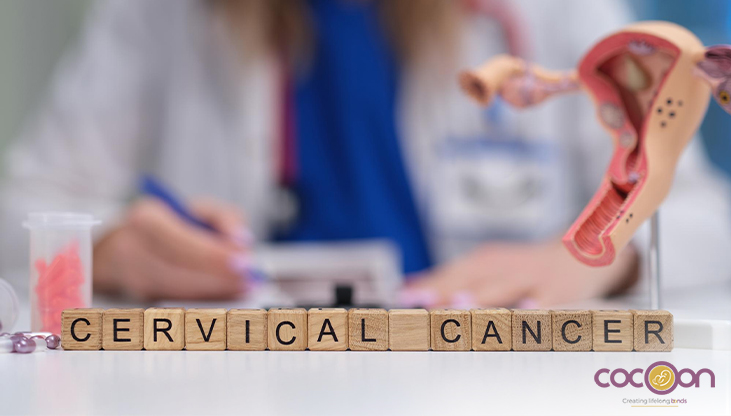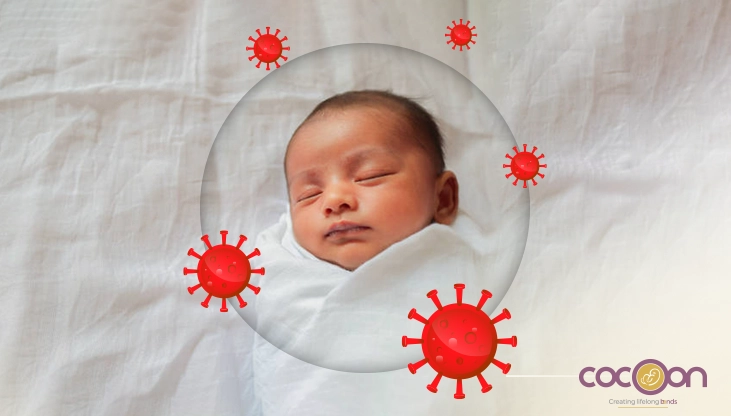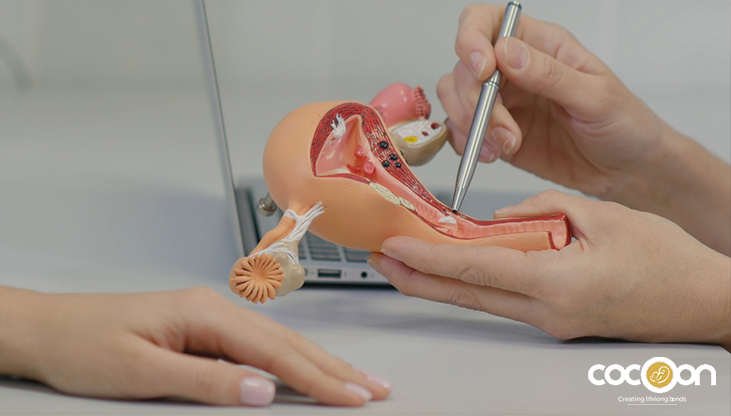Most of you might think early signs and symptoms such as redness, swelling, and/or constant bloating are just annoying health issues, but guess what? These signs are actually your true friends! They’re not the actual health condition; they’re just your body’s method of telling you, “Hey, something’s wrong inside.”
For example, jaundice in a baby isn’t the problem itself; it’s a sign the immature liver is unable to process and remove waste product (bilirubin) from their body. Hence, the baby’s liver needs the right treatment.
Your newborn can’t tell you what’s troubling them, but their body does, through small infant health warning signs. As a parent, observing these early signs is your biggest responsibility. Whether it’s constant crying, poor feeding, yellowish skin, or fever, don’t ignore it; consult a pediatrician for the appropriate treatment.
Read this article to know the common signs of illness in newborns that need a doctor’s attention.
Newborn Warning Signs for Possible Health Issues
Educate yourself about the warning signs for baby health issues so that you and your doctor can take the necessary action on time.
1. Little to No Urination for 24 Hours
No urine in the first 24 hours at home, which can be difficult to assess, especially with disposable diapers. This sign may suggest dehydration or possible urinary tract issues.
2. No Bowel Movement for >48 Hours
No bowel movement in the first 48 hours may signal feeding difficulties or gut or digestive issues that need further evaluation.
3. Fever (temperature ≥ 100.4°F / 38°C) or low temperature (<97.5°F / 36.5°C)
You need to note different temperatures because, based on them, the doctor will evaluate the type and severity of the fever.
Rectal or forehead: 100.4°F (38°C) or higher
Armpit: 99°F (37.2°C) or higher
Rectal or forehead: 102°F (38.9°C) or higher
Ear (only for use over age 6 months): 102°F (38.9°C) or higher
Armpit temperature of 103°F (39.4°C) or higher in a child of any age
A temperature of 104°F (40°C) or higher in a child of any age
These high or low temperatures may indicate infection or sepsis. The low temperature may also occur due to low sugar or exposure to cold.
4. Problem Breathing (Rapid Breaths (>60/min)
Retractions, or pulling in of the ribs with respirations, may signal lung infection or heart issues that need urgent attention.
5. Constant Vomiting (green or yellow)
Vomiting, especially when it is yellow or green, can indicate gut blockage, feeding intolerance, or infection that needs further evaluation.
6. Severe or Persistent Jaundice
Worsening yellowing (jaundice) of the skin on the chest, arms, or legs, or whites of the eyes can signal liver problems or blood disorders. If untreated, there can be a risk of brain damage.
7. Trouble Waking for Feeds
A sleepy baby who cannot be awakened enough to nurse or bottle-feed can indicate illness, low sugar, or neurological issues.
8. Constant Irritability
Constant crying or irritability, which does not improve with cuddling or comfort, may indicate pain, infection, hunger, or digestive issues.
9. Poor Feeding
Poor appetite or weak sucking ability may signal illness, fatigue, etc., that affects nutrition and growth.
10. Umbilical Discharge, Swelling, or Foul Smell
This can indicate a possible infection or an umbilical granuloma that needs immediate attention.
Note: As a parent, you need to observe the unusual behavior of your child. Do not diagnose the problem by yourself. The healthcare doctor will do the proper evaluation and diagnosis.
A Quick Overview
This quick overview of infant health warning signs will help you understand when to call a doctor for a baby.
| Signs of Illness in Newborns | Possible Issues |
| No Urine for 24 Hours | Dehydration or urinary tract issue |
| No Poop for 48 Hours | Feeding or digestive problem |
| High or Low Fever | Infection, sepsis, or low sugar |
| Abnormal Breathing Pattern | Lung or heart issue |
| Green or Yellow Vomit | Gut blockage or infection |
| Severe Yellow Skin or Eyes (Jaundice) | Liver or blood disorder |
| Lethargy or poor feeding | Low sugar or illness |
| Constant Crying or Irritability | Pain, hunger, or infection |
| Poor Feeding or Weak Sucking | Fatigue or illness |
| Umbilical Discharge or Foul Smell | Infection or granuloma |
Conclusion
Yes, becoming a parent is a blissful phase of life; however, it requires active commitment to the health and future of the baby. That’s why you must educate yourself about newborn care, and recognizing signs of illness in newborns is essential. Attend educational classes and discuss openly with your doctor, as these steps empower you to keep your baby safe and healthy. Informed parenthood not only supports the baby's growth but also ensures their future.
Here are some newborn care tips:
- Wipe the baby dry and clean
- Delay the first bath for at least 24 hours
- Keep the baby warm
- Keep the umbilical cord dry
- Keep the baby in skin-to skin contact
- Wash your hands with soap and water before touching the baby

















